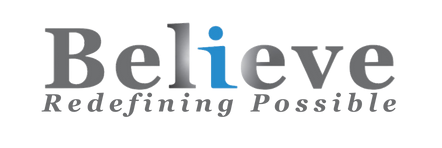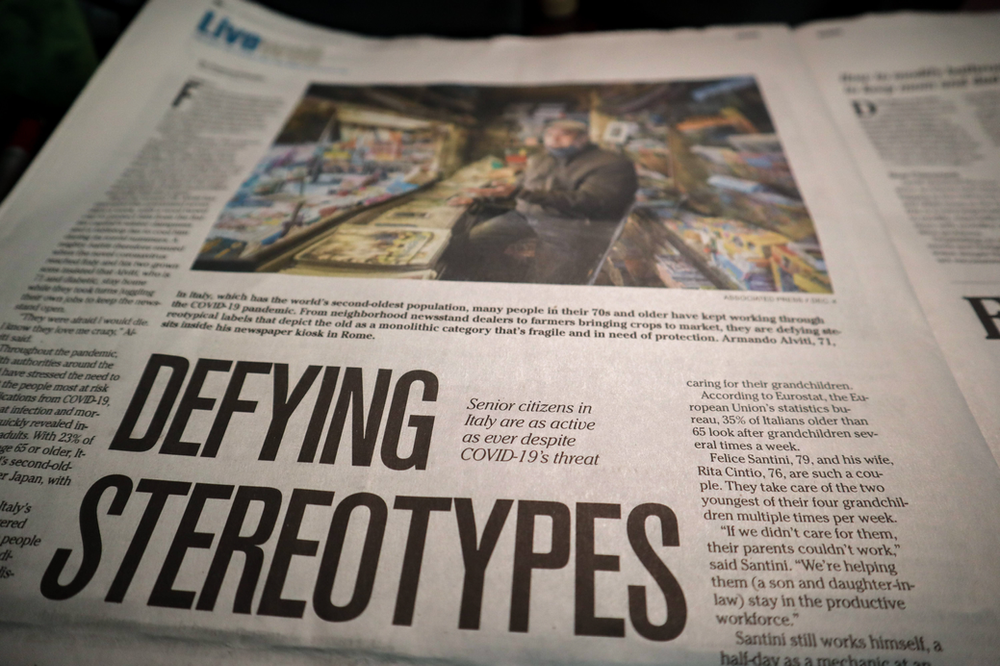“Let’s get the facts straight.” “Just give me the facts.” “The facts of the matter are…” “Factual speaking…” “I’ve seen the facts.” “Face the facts.” “Your facts are wrong.” “My source is factual.” “Facts, facts, facts…”
Human beings are imperfect. They are full of a wide variety of faults, often appearing at the most inconvenient times. How is it that a group of beings that suffer at various times from being incapable, weak, short-sighted, selfish, biased, prideful, arrogant, ignorant, petty, cowardly, and a host of other pejorative adjectives, could believe that they had managed to find facts through their own efforts while another group so similarly equipped with the same weaknesses that beset humankind remains in an unenlightened state?
The answer to this question may differ from person to person, yet a similar principle may affect us all. The “facts” we see or accept may be tied to what we believe inside. In other words, our beliefs may limit or inform what we view as factual or true.
This isn’t to say that truth does not exist or cannot be found. Quite the contrary. I believe in an absolute truth and in a way to find it. But the key to that statement is the word “believe”. There will be no discoveries of truth if there is no belief. In order to understand this, it is important to understand that there is a difference between absolute truth and what we commonly call “facts” today.
This is an incredibly valuable tool, and humanity owes many of the wonderful technologies and conveniences we enjoy today to this process. But it’s also important to remember that the end result of this process is a theory. The scientific process makes no claim to facts1. It makes claims to theorems and leaves them open to anyone that should wish to challenge them. There is no, “settled science”. Even mathematics, which hangs its scientific hat on its proofs, has a large number of theorems that are only believed to be true. They have no proof of their validity but, as of yet, a proof invalidating them does not exist. Check out the Twin Primes theorem
or Goldbach’s Conjecture
if you are interested.
So where does this leave us? Are we hunting for facts in a sea of theorems? Are we “following the science” when we should be “following the scientific method”? Are we calling science settled when the scientific method itself makes no such claim? Did we forget how flawed we are? Did we forget that bloodletting, smoking, and opioids were all, at one point in time, “scientifically proven to improve your health”? What allows us to now make any claim on “facts”?
Is it possible that we have this all backward? We’ve found ourselves in a world bound and determined to let “science” dictate each policy, to let “facts” decide fate and to censure any idea that might exist in opposition. Never mind that each significant scientific discovery began with a minority of people working to convince a majority of its validity; never mind that science can only ever be as accurate as our ability to measure; and never mind that science has never been able to lay claim to any moral virtue; rather, it’s full speed ahead with “facts”.
We’ve forgotten that “facts” are only important when guided by virtues. The scientific method is as aptly applied to curing cancer as it is to the process of merging Ebola and smallpox. The one we consider a virtue and the other a disaster; but science itself doesn’t make that determination. We do, based on our beliefs.
The reason for this is simple. Imagine that you have prioritized the scientific method above anything else. You would be very aware that scientific theories change regularly. The more we practice the method, the more we learn, and the more we learn, the more we realize that what we previously shown scientifically to be accurate may not be correct. If science can prove something to be false tomorrow that you believed to be true today, why follow “the science”? The answer is because you believe
the process brings value. You would not follow the scientific method if you did not believe
in it.
Belief, therefore, is the primary virtue. It’s a principle of power that transcends facts. So, what will your belief empower you to do today? What goal do you want to accomplish that the “facts” indicate may be difficult or even impossible, but your belief whispers that you can do it? Your actions based on your belief can change you and, subsequently, can change the world. All the scientific discoveries in the world will not create a moral person, let alone a moral society, but your actions because of your beliefs can.
For those that watch the “facts” on the news, the state of the world may look depressing or negative. However, at Believe, we still “believe” there is more good in the world than bad. We fully believe that there are many good people, and the more we believe it, the more we see it all around us. It has been encouraging to recognize that the more we believe in something, the more we find it all around.
We invite you to join us
in our efforts to build good in the world. Believing in something is truly a transformational principle that can change our lives, and as you associate with others who
also believe, your life may never be the same.
Disclaimer: This article is missing context
This article has been checked by independent fact checkers and was found to be missing contextual information that would indicate that the most important facts are the ones approved experts have given you today and any modification to these facts in the future shouldn’t lead you to question the facts today but merely question your own desire to question facts given to you by distinguished, approved experts.















